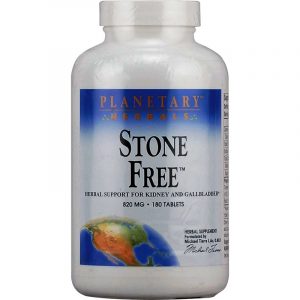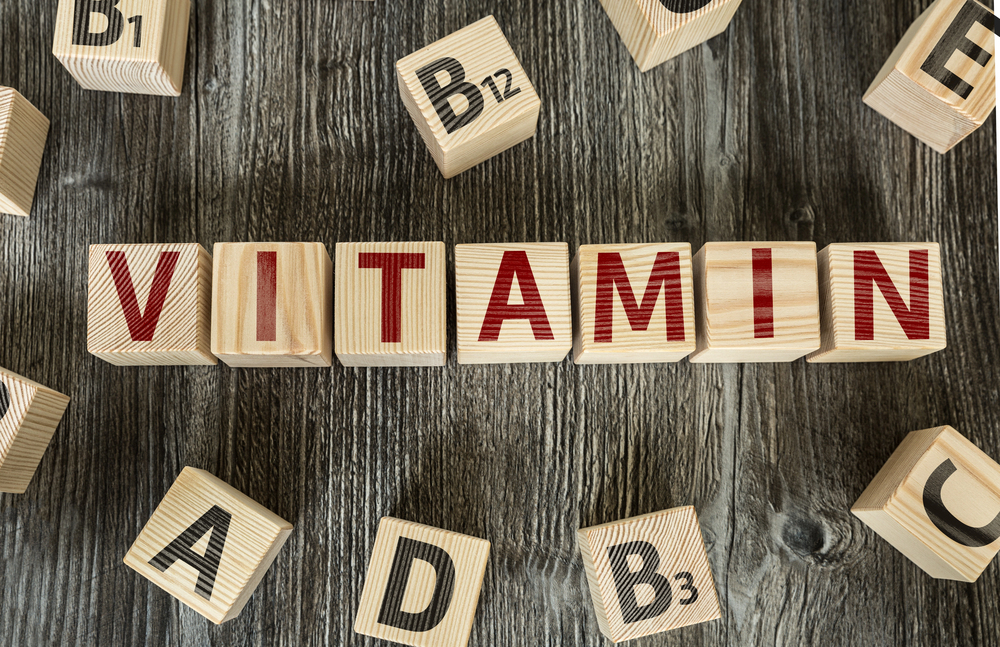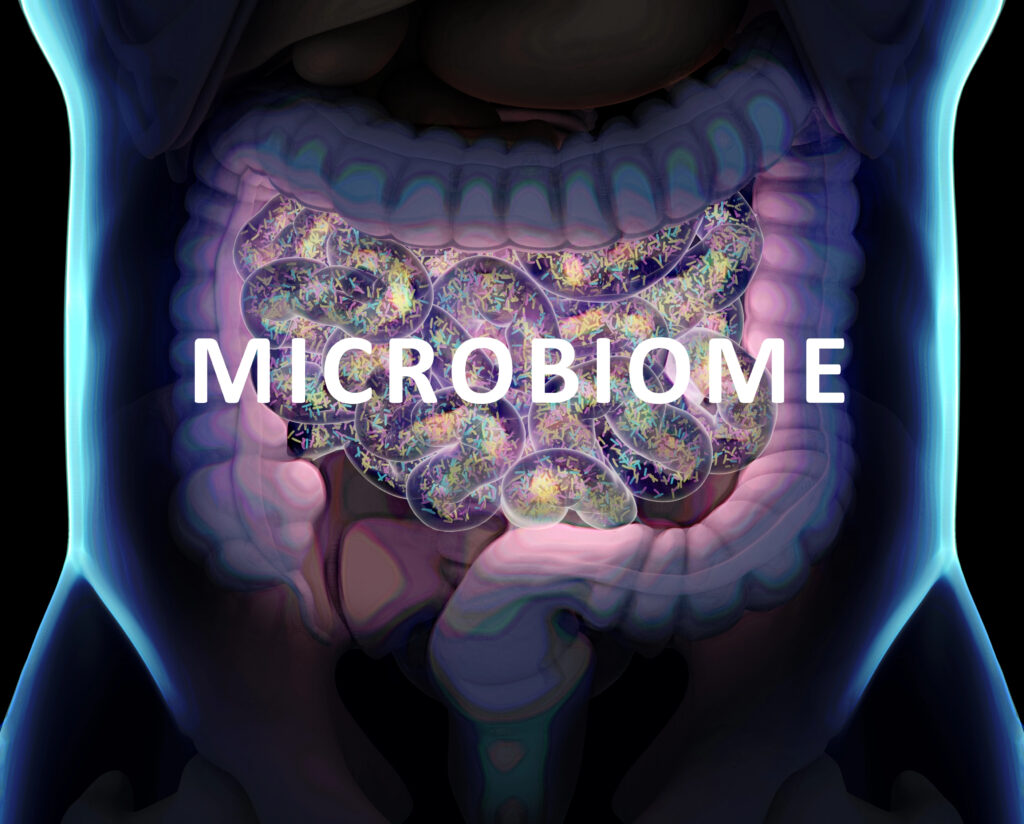Kidney stones and urinary tract infections are common at this time of year. So we have a few tips for avoiding these unwanted problems.
If you are aware of the Chinese medicine cycle, you know that late spring and early summer is the time when the kidney and bladder are at the low point of their function. This is why we see such a rash of these issues at this time. Conventional treatment for kidney stones involves potassium for smaller stones. For larger ones, there are more invasive and potentially damaging treatments. So it is best to be proactive.
The treatment for UTIs is usually antibiotics. Since antibiotics are indiscriminate in their action, they can deplete the healthy flora in the bladder and urinary tract. This makes you susceptible to recurring infections. Here are some simple suggestions:
For Kidney Stones:
1) Magnesium – If you have had calcium kidney stones in the past, magnesium is the first nutrient you should turn to. Magnesium balances calcium in the body so can remedy calcifications of any kind. Those with kidney stones have been found to have low magnesium levels. Take the magnesium citrate form, 120-400 mg per day.
2) Stone Free – This herbal support for kidney and gall bladder health helps to remove toxins, increase urinary volume, reduce inflammation, and soothe the lining of the urinary tract. All of this allows stones to pass more easily. The formula contains dandelion, turmeric root, parsley root, ginger root, lemon balm, licorice root and marshmallow root. The herb gravel root can also be added to help break up existing stones.
3) Avoid oxalates and balance calcium – If you have had oxalate stones in the past, you should reduce foods that are high in oxalates. The worst offenders are spinach, rhubarb, beets, beer, French fries, nuts and nut butters, chocolate, and potato chips. Dietary calcium should not be limited as calcium in the diet binds oxalate in the gut. So, if you are going to eat the above foods, eat them with a good calcium source like yogurt, cheese, or broccoli.
Supplemental calcium, on the other hand, can contribute to stones if unbalanced with other nutrients. To avoid this, make sure you have the right nutrients in any calcium formula. Vitamins D & K will help you to better absorb and use the calcium. Always make sure you balance the calcium with magnesium in a 1:1 ratio. Use a product such as RAW Calcium and supplement with extra magnesium citrate.
4) Don’t overdo Vitamin C – Too much supplemental Vitamin C in the ascorbic acid form can contribute to stones. Limit your intake to 500 mg per day.
5) Drink plenty of water or electrolyte drinks-Many of us do not drink enough water, yet it is crucial to proper functioning of the kidneys. Electrolyte drinks low in sugar can also be helpful. They provide potassium and other minerals that can prevent stone formation and break down smaller stones. Coconut water, healthy green juices that don’t contain spinach, or an electrolyte formula are all excellent choices. I like an electrolyte concentrate called KTO-Electropure.
6) Drink lemon water – The citric acid in lemon juice inhibits stone formation and breaks up small stones beginning to form. It binds calcium in the urine, reducing the likelihood of calcium stones.
And for Urinary Tract Health:
 1) Probiotics that focus on urinary/bladder health – Two strains of healthy bacteria, lactobacillus rhamnosus and lactobacillus reuteri, have been studied for their positive effect on the flora that line the urinary tract and bladder. Thus, they can be used in the prevention of urinary tract infections. They are also helpful in cases where an antibiotic must be used. This will ensure that the good bacteria take hold, reducing the risk of recurring infections.
1) Probiotics that focus on urinary/bladder health – Two strains of healthy bacteria, lactobacillus rhamnosus and lactobacillus reuteri, have been studied for their positive effect on the flora that line the urinary tract and bladder. Thus, they can be used in the prevention of urinary tract infections. They are also helpful in cases where an antibiotic must be used. This will ensure that the good bacteria take hold, reducing the risk of recurring infections.
2) Cranberry – Taking cranberry tablets or capsules prevents urinary tract infections in some people. It is thought that the cranberry makes the bacteria unable to “stick” to the cells that line the urinary tract and this prevents them from multiplying. There is conflicting research on whether cranberry helps with kidney stones, so we don’t recommend it for stones.
3) D-Mannose – This simple sugar sticks to e. coli, the bacteria that typically causes urinary tract infections. This keeps the bacteria from adhering to urinary tract cells so that the bacteria can then be washed away with urination.
Since both kidney stones and urinary tract infections tend to recur, taking supplements that decrease the likelihood of re-occurrence can make a big difference in your health. Make sure you supplement, especially during the period from May 15th-July 15th. Need help? Make an appointment with our nutritionist, Lynn Bednar, or call us at (847) 864-1600.




